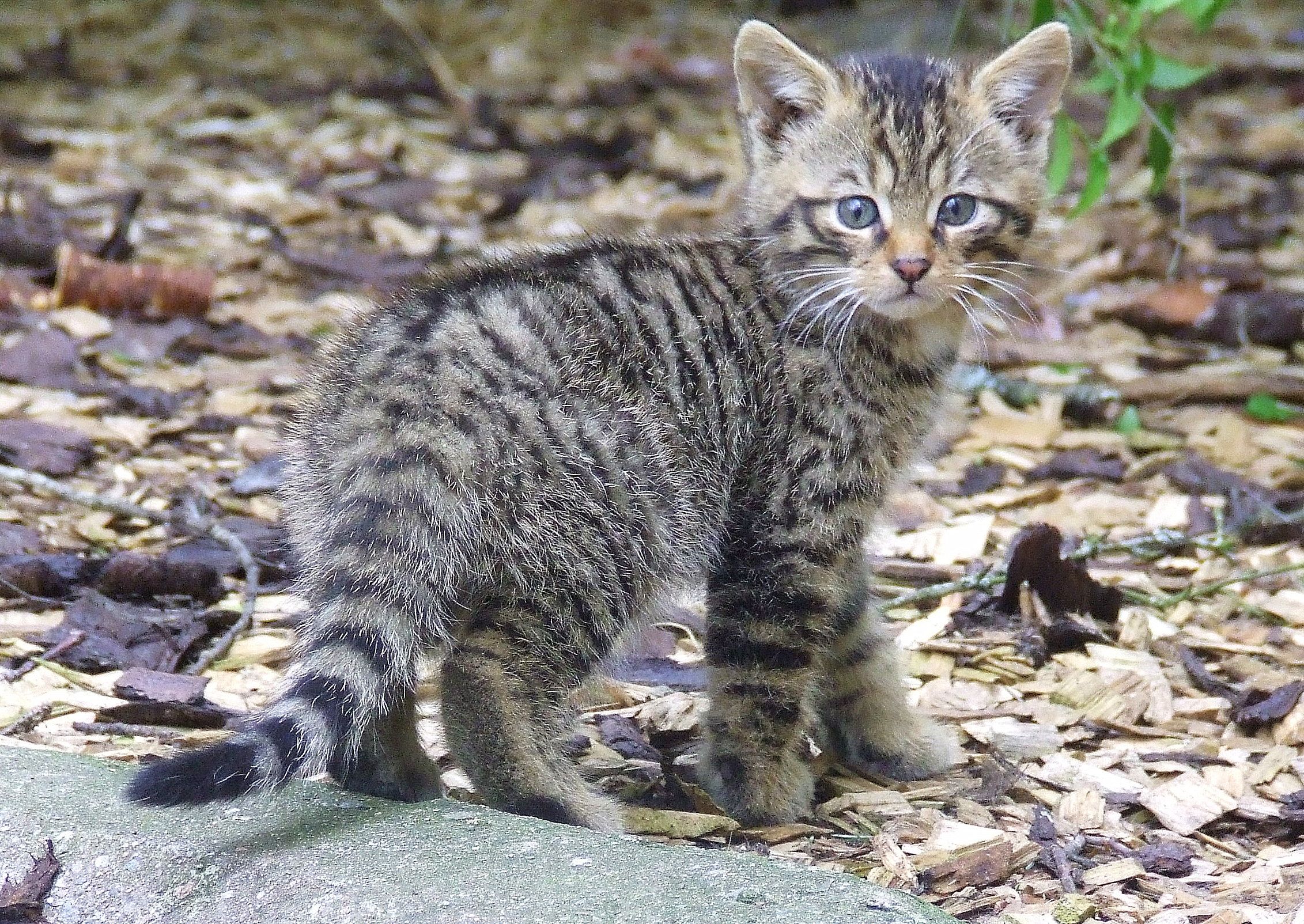How pure are our remaining Scottish wildcats?

Wildcats were once found throughout the UK. The last remaining populations in the Scottish Highlands are now critically endangered and at serious risk of extinction.
Funding for this project has now finished
The problem with hybridisation
The most serious threat to wildcats in the UK is interbreeding (or hybridization) with domestic and feral cats. There may only be as few as 400 true, genetically distinct wildcats left in Scotland. Interbreeding further reduces their numbers as the genes become mixed with other cat species. But exactly how hybridisation affects wildcats isn’t completely clear. We need a much a better understanding of the extent and impact of interbreeding to stand a chance of saving them.
Bolstering the natural population
The solution lies in unraveling the entire genetic code of wildcats, feral and domestic cats to understand the detailed differences and chart the history and extent of the interbreeding. Once we’ve done that, we’ll be able to tell how many true wildcats are left in the wild and whether they can be used to bolster the natural population through a captive breeding programme led by the Royal Zoological Society of Scotland.
Thank you to all our donors who helped us fund this work. You can help us support more projects like this with a donation today:
